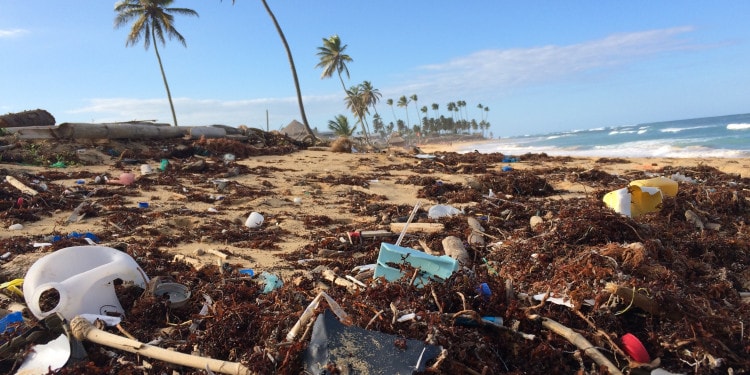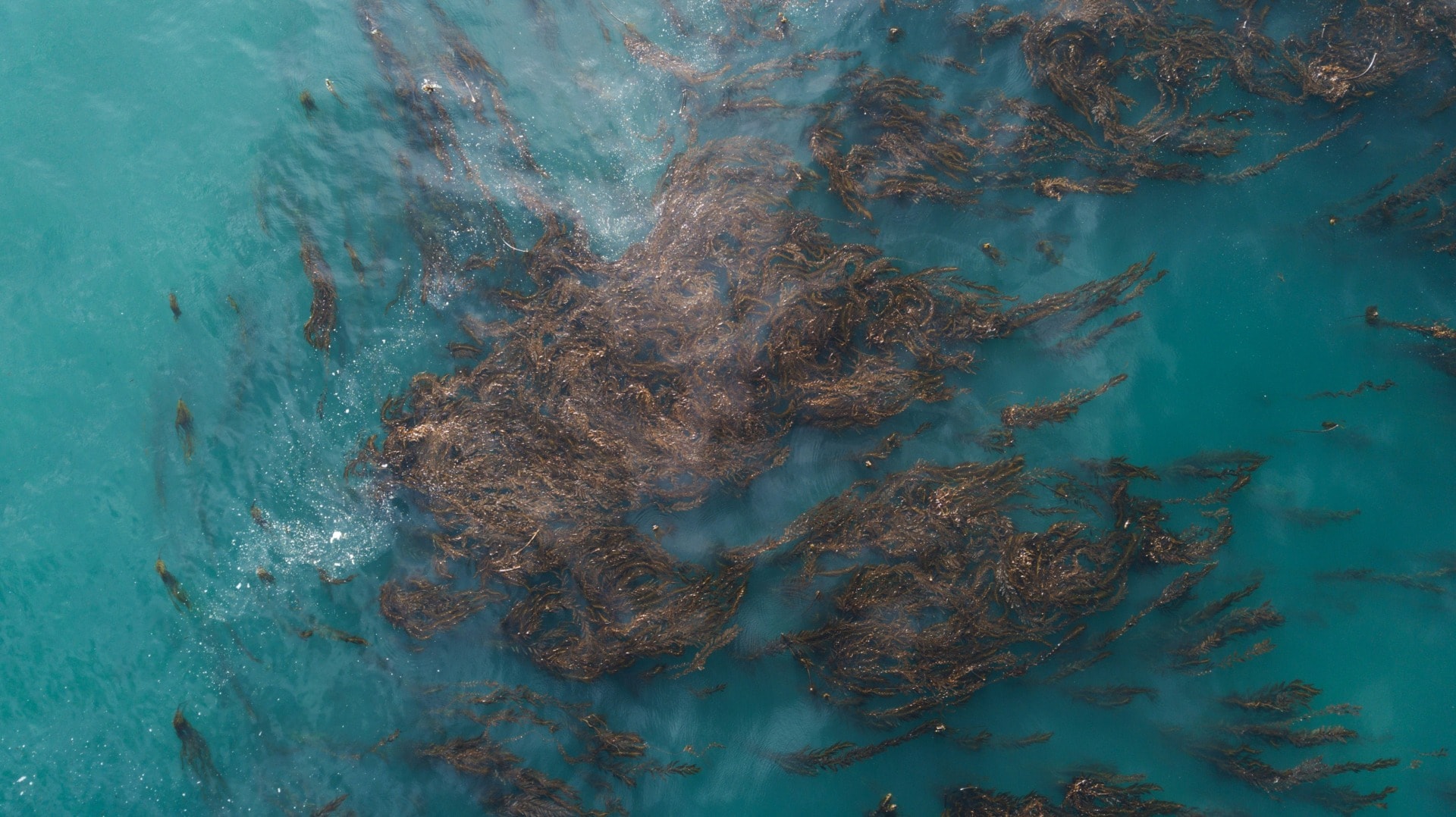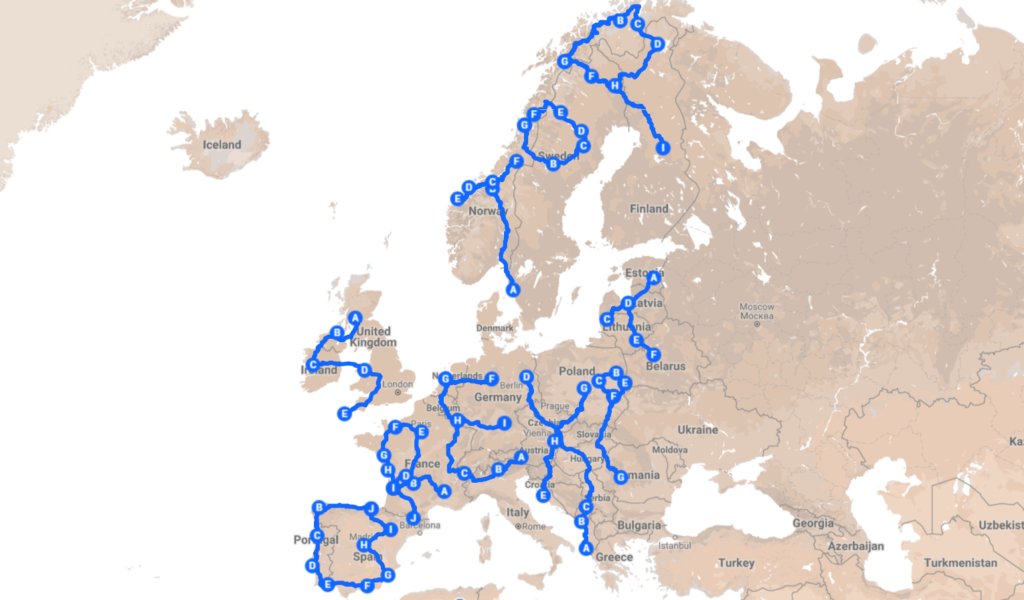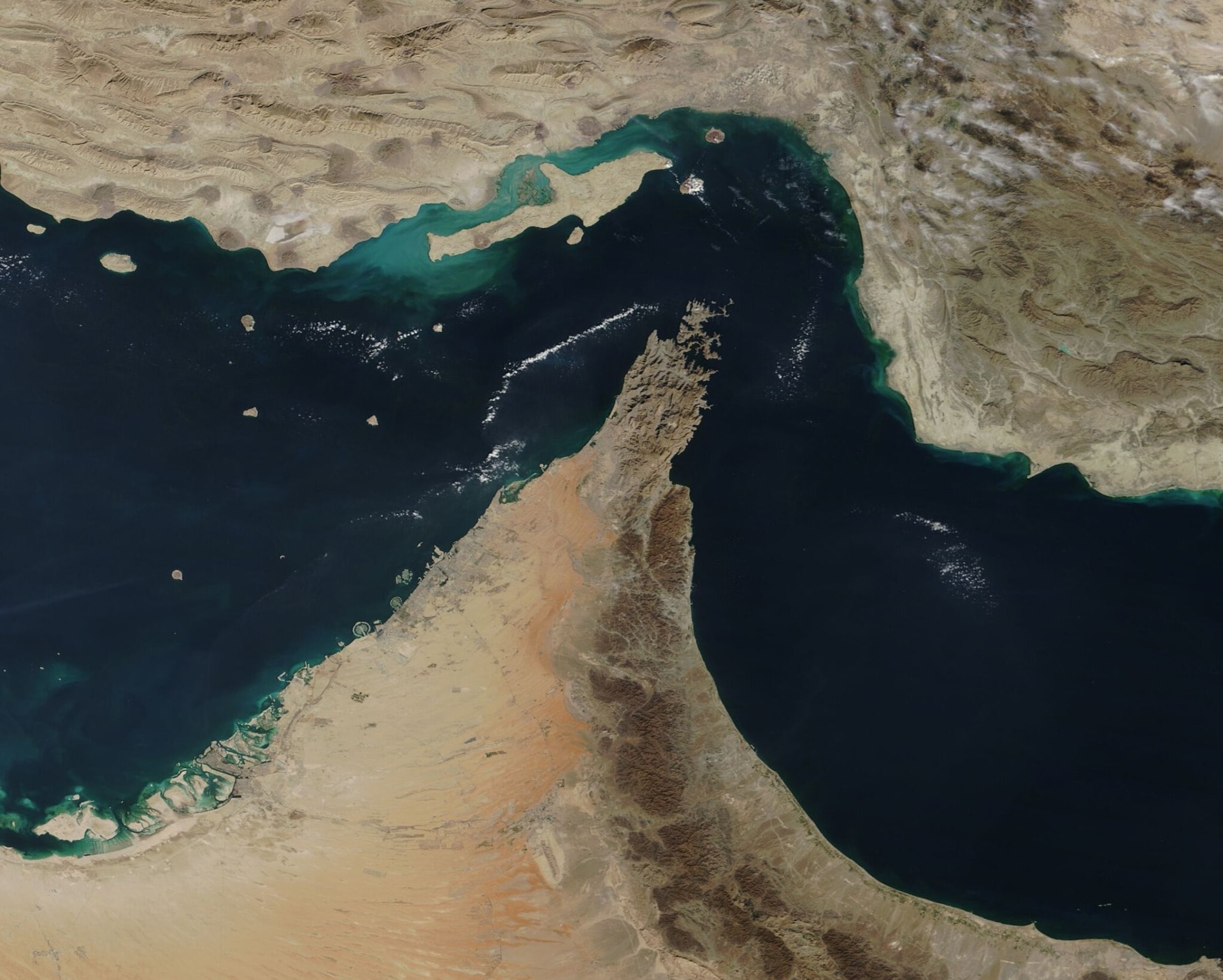What Impact Does Voluntary Work Really Make?
There appears to be few stories which can truly return a smile to one’s face nowadays, between the end of the world and our impenitent shaping of the world of the end, it is often difficult to take heed of the little victories. Yet the rejuvenation of Mumbai’s Versova Beach last year was one such victory.
The titanic effort, which saw around one thousand volunteers remove 200,000 kilograms of waste from the Indian sands, was completed over the course of 21 months, and in its wake turtles came ashore to lay the eggs of their hatchling young for the first time in decades.
In The Video: Interview with Afroz Shah Video Credit: Mint via YouTube
The extent to which waste pollution has blanketed the earth is well known, however the solution to this crisis is all but straight forward. While Versova Beach has risen from its sodden ashes, the question is surely posed of how much is being done on a global scale to combat this issue.
Plastics are of course the most egregious of offenders in regard to waste pollution, with only 9% of all plastics manufactured having ever been recycled. Most other materials such as steel, aluminium, glass, paper and cardboard can be recycled efficiently, however only half of the six plastic subtypes are saved from landfills, leaving a larger percentile of 75% being buried in the earth. When you consider that plastic can take between 450-1000 years to fully decompose, it is clear the extent of the issue we are facing.
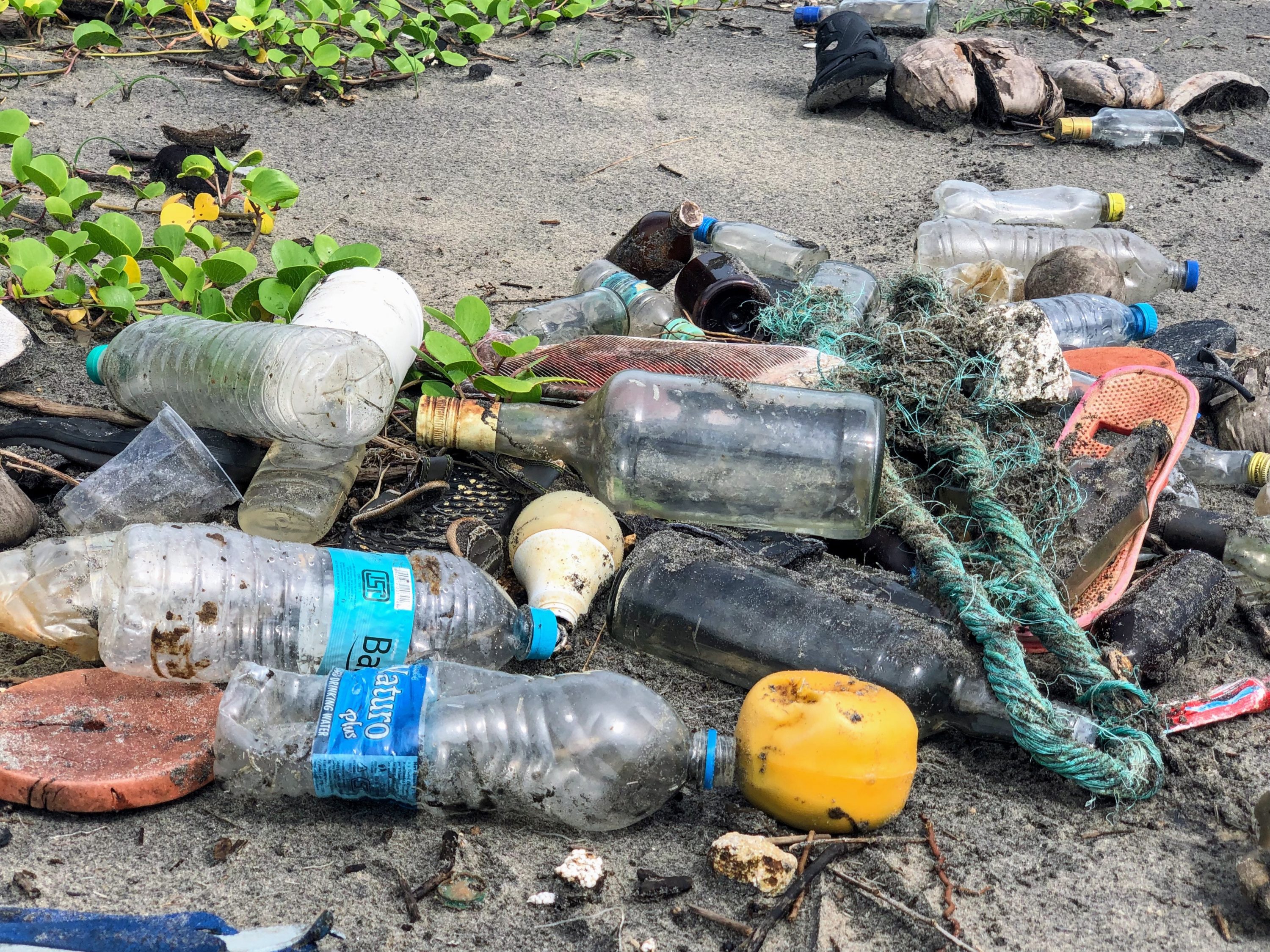
In The Photo: Waste pollution on beach in Nivati, India. Photo Credit: John Cameron
Who is Acting?
Due to the excessive decomposition rates of plastic, in conjunction with the toxic dioxins released in the process of its incineration, the only realistic alternative is deemed to be recycling. Yet, as discussed, we face problems here too.
For many organisations, the agenda has shifted from solution to prevention, as groups endeavour to stem the flow of unnecessary and excessive plastic manufacture. The Break Free from Plastic movement is a global effort by over 1,300 organisations which strives to drastically decrease the volume of manufactured single-use plastics in favour of more manageable solutions. Other initiatives, such as A Plastic Planet, endeavour for preventative measures of their own design, and have lobbied for plastic-free aisles in supermarkets to limit the plastic food packaging placed in circulation.
A movement which neglects the notion of prevention over solution is The Ocean Cleanup. Further to the information found in this article, the system is essentially a giant buoyant horseshoe with a submerged 3-meter non-permeable skirt to trap waste and yet allow ocean life to pass underneath unharmed. Their target is to remove 50% of the waste from the Great Pacific Garbage Patch over a 5-year period.
A Drop in the Ocean
The first battle is always awareness, and on this front, the crisis of waste pollution has clearly been communicated well by NGOs and industry professionals alike. The problem is that not all are willing to listen.
We can see the positive effects of this awareness gradually rising through government, for example in the form of charges for single-use plastic bags to incentivise re-usage of existing bags or biodegradable alternatives. Such legislation was implemented in 2015 in the UK which saw a comparative 83% decrease in plastic bag usage from the years 2014 to 2016/17, so there is no doubt of its efficacy.
Furthermore, following the vision and efforts of A Plastic Planet, a Netherlands retailer has implemented a plastic-free aisle in their store featuring foods packaged with fully recyclable materials only, and the Dutch government plans to implement this on a national level in the future. With agendas such as The Ocean Cleanup having recently been put into practice, and inspiring efforts such as the one seen at Versova Beach, we can see there is a clear push for change. The question is, how far are we from the proverbial promised land?
 Photo Credit: Cristian Palmer
Photo Credit: Cristian Palmer
Prevention is the operative term used by many of these organisations and initiatives, and there is very good reason for that. It is clear that we are taking steps in the right direction, and that a difference is being made to reduce the volume of plastics in circulation, however small that may be. With around 5 trillion plastic bags still being used every year, and a staggering 1.5 billion tons of waste dumped into our oceans so far this year alone, we cannot ignore how unsurmountable a challenge it appears for us to rid these materials from our waters. We have a long road to travel, yet we have taken our first steps.
The greatest challenges are yet to come. Easing plastic out of manufacture will surely make a wealth of difference, however there will be challenges on every level in need of overcoming. Governments will need to create broader and more substantial legislation to cover both preventative measures and solutions; the recycling process will need adequate revisions to incorporate excluded plastics, and the public will need to ensure they are properly disposing of their waste on the ground level.
Editors Note: The opinions expressed here by Impakter.com columnists are their own, not those of Impakter.com Featured Image Credit: Dustan Woodhouse, Punta Cana, Dominican Republic


